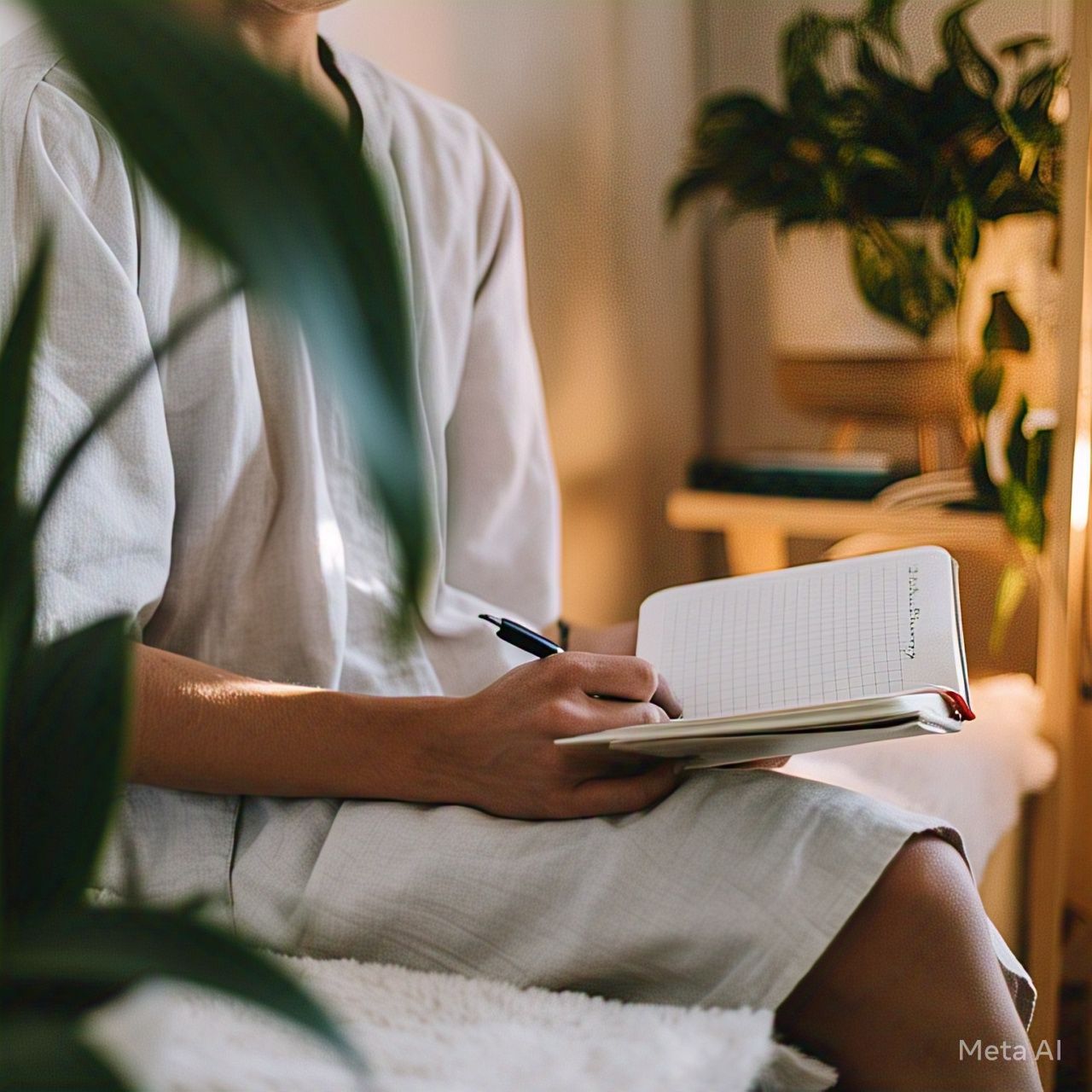Self-knowledge is more than just understanding your personality or knowing what you like and dislike. It’s a lifelong practice of observing your thoughts, emotions, behaviors, and patterns — and using that awareness to grow.
And the best part? You don’t need hours of therapy or complicated routines to develop it. With small, intentional habits, you can turn self-knowledge into a powerful daily ritual that boosts your emotional balance, resilience, and clarity.
Let’s explore how to make self-awareness a sustainable part of your everyday life.
What Is Self-Knowledge, Really?
Self-knowledge means knowing:
- What you feel and why
- What triggers you and how you typically respond
- What gives you energy vs. what drains you
- What your core values are
- What patterns or behaviors you tend to repeat
It’s not about being perfect — it’s about being curious.
Self-knowledge is a form of internal leadership. The more you understand yourself, the more aligned your choices become — in relationships, work, health, and personal goals.
Why It Matters: The Mental Health Benefits of Self-Knowledge
Making self-awareness a habit improves your overall well-being in several ways:
- Reduces anxiety and emotional reactivity
- Helps you set healthier boundaries
- Increases confidence and self-trust
- Makes decision-making easier
- Helps you understand others with more empathy
- Prevents burnout by recognizing your limits earlier
It’s a foundation for every other healthy habit.
How to Build a Daily Self-Knowledge Practice
You don’t need a perfect journal or hours of meditation. Just 5–10 minutes a day of honest self-reflection can change the way you live and relate to others.
Here are realistic, practical ways to make it part of your routine:
1. Ask Yourself Powerful Questions
Start by asking better questions. These guide your awareness and help you go deeper than surface thoughts.
Try questions like:
- What am I feeling right now — and why?
- What drained my energy today? What gave me energy?
- Did I act on autopilot or with intention today?
- What emotion am I avoiding right now?
- What do I need to hear from myself today?
You can think about these while showering, walking, or writing.
2. Journal Without Censorship
Writing helps you slow down and organize your thoughts. It’s like holding up a mirror to your mind.
You don’t need prompts. Just start with:
- What happened today?
- What did I notice about myself?
- What was hard? What felt good?
- What am I learning about myself this week?
Let your words flow freely — no filters, no editing. Be real.
3. Observe Your Emotional Patterns
Do you react the same way when you feel criticized?
Do you avoid difficult conversations?
Do you shrink in moments of uncertainty?
Start noticing the patterns — not with shame, but with curiosity.
Ask:
- Where did this pattern start?
- Is it still serving me today?
Awareness is the first step to changing what no longer serves you.
4. Practice Silent Reflection or Meditation
You don’t need a long session. Just a few quiet moments each day can help you reconnect with yourself.
Ideas:
- Sit in silence for 3 minutes in the morning
- Meditate using a guided app
- Take 10 slow breaths and observe your thoughts
- Step outside and just listen to your surroundings
Stillness creates space for insight.
5. Use Challenges as Self-Discovery Opportunities
Every difficulty is a chance to learn about yourself.
- A conflict shows how you handle discomfort
- A mistake reveals how you process failure
- A compliment reveals what you value
- A fear reveals where you want to grow
Ask yourself: What is this moment showing me about myself?
6. Choose a Weekly Value to Focus On
Each week, choose a value — like patience, honesty, courage, or compassion — and ask yourself each day:
- How can I practice this value today?
This turns reflection into action and helps align your daily life with your deeper beliefs.
7. Create a “Self Check-In” Moment
Pick a time that works for you — maybe during your morning coffee, evening walk, or right before bed.
Ask:
- How am I feeling, really?
- What’s one thing I need today?
- Am I honoring myself right now?
Make it a habit. It can take 1 minute — but it creates a powerful pause that grounds your day.
What If I Don’t Like What I Find?
That’s normal. Self-knowledge doesn’t always feel good — but it always leads to growth.
Remember:
- You are allowed to evolve.
- You are not your worst thought.
- You can hold both acceptance and desire for change.
Be gentle with yourself. Be honest. Be patient.
Final Thoughts: Know Yourself, Empower Your Life
Self-knowledge is the key to living with intention, depth, and clarity. It doesn’t come from doing more — it comes from slowing down and paying attention.
Start small.
Ask a question.
Write one honest sentence.
Take one mindful breath.
The more you listen to yourself, the more you’ll trust yourself — and the more aligned your life will feel.
